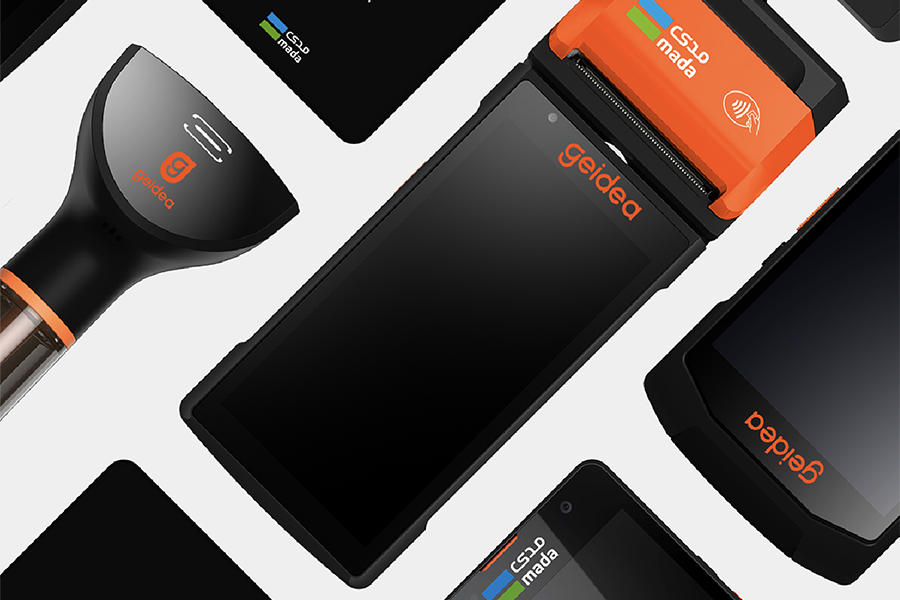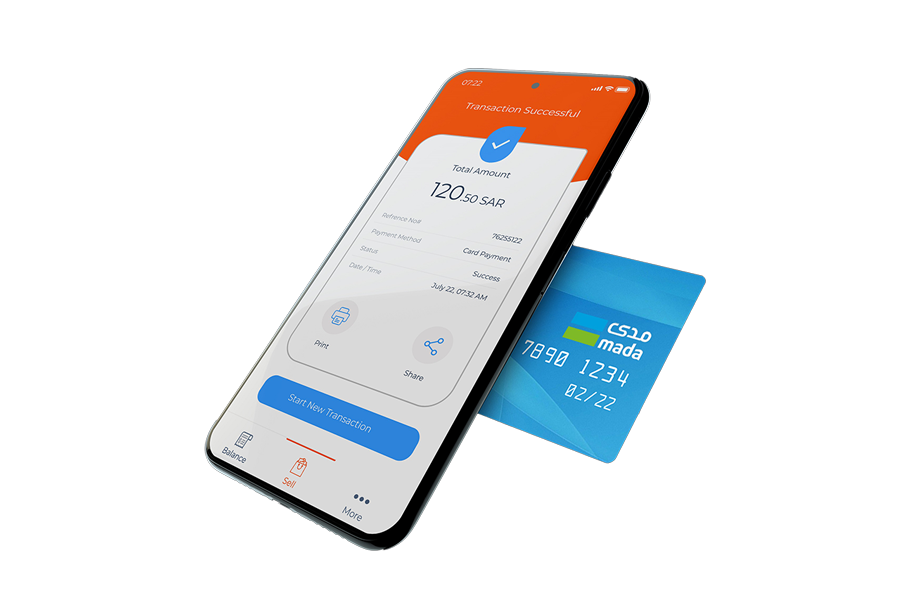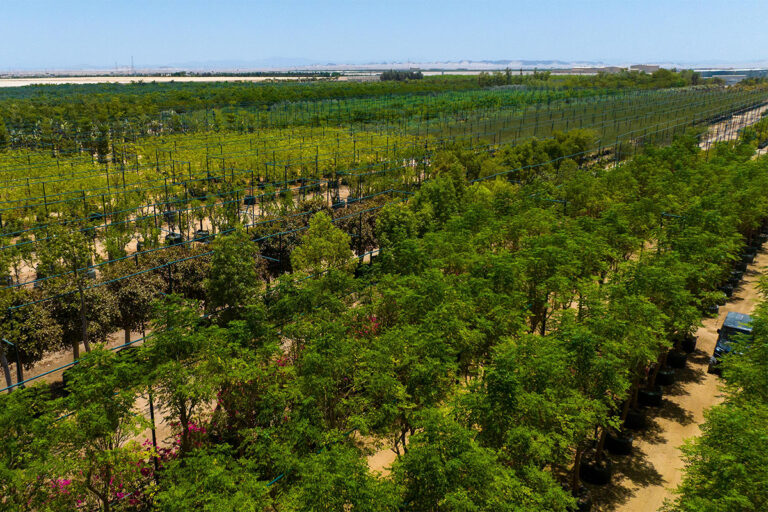
Just two years ago, Saudi Arabia was a kingdom where cash still reigned and cards were used for less than a third of consumer payments. Today, whether they are paying for coffee with a contactless card, ordering a takeout meal online, or using an electronic wallet to book a ride, Saudis of all ages are embracing the digital payment revolution.
The rapid growth of innovative fintech companies such as Geidea has helped displace cash as Saudi Arabia’s payment medium of choice, as the Covid-19 pandemic has resulted in surging volumes of e-commerce and rising demand for contactless transactions.
It was not always this way. Until recently, payment processing in Saudi Arabia was kept firmly under the watchful control of the country’s banks. That all changed in 2020, when the country’s central bank granted Geidea the country’s very first non-bank license to process payments from consumers directly to merchants.

“By enabling non-bank licenses, the authorities have opened up the playing field for fintechs,” says Abdullah Al-Othman, the founder and Chairman of Geidea. “The result is that consumers have more choice, leading to greater competition and, most of all, greater innovation.”
Geidea’s growth since the award of its license has been extraordinary. By facilitating online payments to Saudi businesses from anywhere in the world, and by launching in-store innovations including an app that lets merchants process payments from consumers on their smartphones, Geidea has quickly amassed a loyal customer base of almost 139,000 businesses.
“We are constantly innovating and investing in new technologies to support our growth and position Geidea at the forefront of the digital payments industry.”
Abdullah Al-Othman, Founder and Chairman, Geidea
Coinciding with the pandemic, the arrival of Geidea has helped take digital payments in the country to a new level. While card payments represented just 31% of retail transactions in 2019, last year, 57% of retail payments were made digitally. Less than six years into Vision 2030, the Saudi government’s transformation roadmap, the financial sector is well on course to meet the target of increasing the share of non-cash transactions to 70%.
This rapid shift to a cashless economy is reducing the cost of doing business, increasing financial transparency, making payments simpler and safer for ordinary Saudi citizens, and unlocking new opportunities for digital innovation across the country.

“We strongly believe we can empower the growth of small and medium-sized enterprises,” Al-Othman says. “We are keenly focused on doing our part to support the aspirations of Vision 2030 and help achieve a digital economy.”
How has Geidea grown since you founded the company?
The beginnings of Geidea can be traced back to 2008. Our initial goal was to offer banks in the country the technology they needed to provide merchants with the best payment acceptance solutions. Today, this has dramatically changed.
Following the acquiring license we obtained from SAMA [Saudi Central Bank], we have been in direct contact with merchants and small businesses with a mission to help them sell more—and to do our part to meet the Vision 2030 goals by enabling a cashless economy. We serve local and international brands, SMEs, and e-commerce businesses. With over 700,000 POS terminals within the kingdom today, we now have market share of 70%.
What are your most recent innovations?
Our most recent milestone product is our Tap-on-Phone solution, which we launched last year. It enables any merchant in the kingdom to accept digital payments on their smartphone. This has since emerged as one of the most promising products in our portfolio and we continue to expand it both locally and across the GCC [countries].
We also provide several solutions aimed at accelerating e-commerce. One example is our mini electronic cash register (ECR) solution that takes in-store orders and prints receipts, as well as manages inventory and stock at the touch of a finger.

What is driving the rise of the fintech sector in Saudi Arabia?
The growth in Saudi Arabia’s fintech sector has been remarkable. It would not be possible without the government’s support. The government is actively involved in the space, assembling several business incubators and accelerator programs, which have brought better innovation and collaboration across the industry.
Vision 2030 has opened several opportunities for businesses in the country, giving them wider investment potential and encouraging growth. Through it, the national economy is establishing stronger foundations that will help it flourish in the years to come.
What’s next for Geidea?
2022 is going to be an incredible year of growth for Geidea. We are ready to collaborate with our colleagues, partners, clients, and regulators.
Although our roots are firmly in KSA, we have also begun our overseas journey in Egypt and the UAE. We will soon accelerate our expansion through further investments and partnerships![]()









